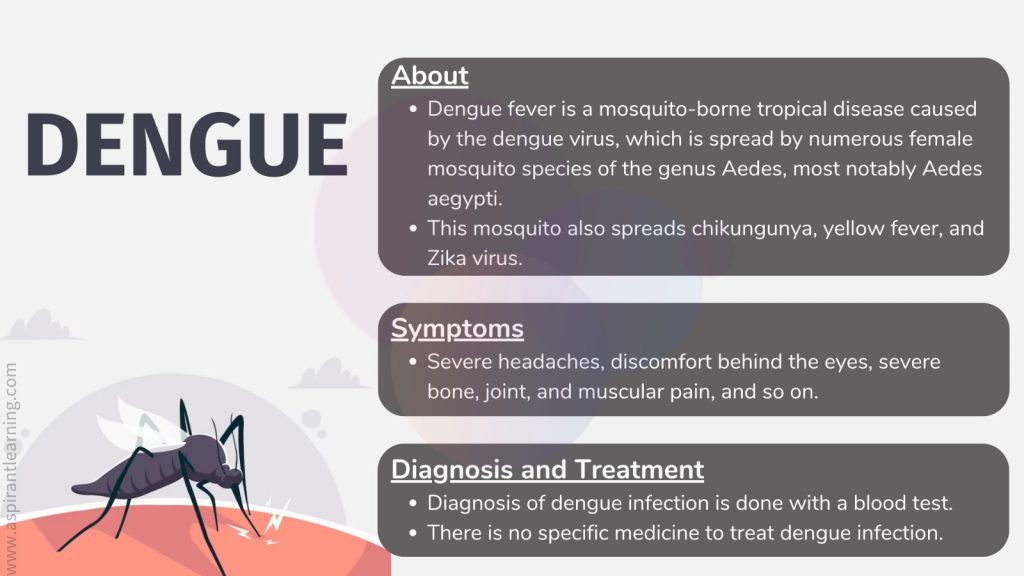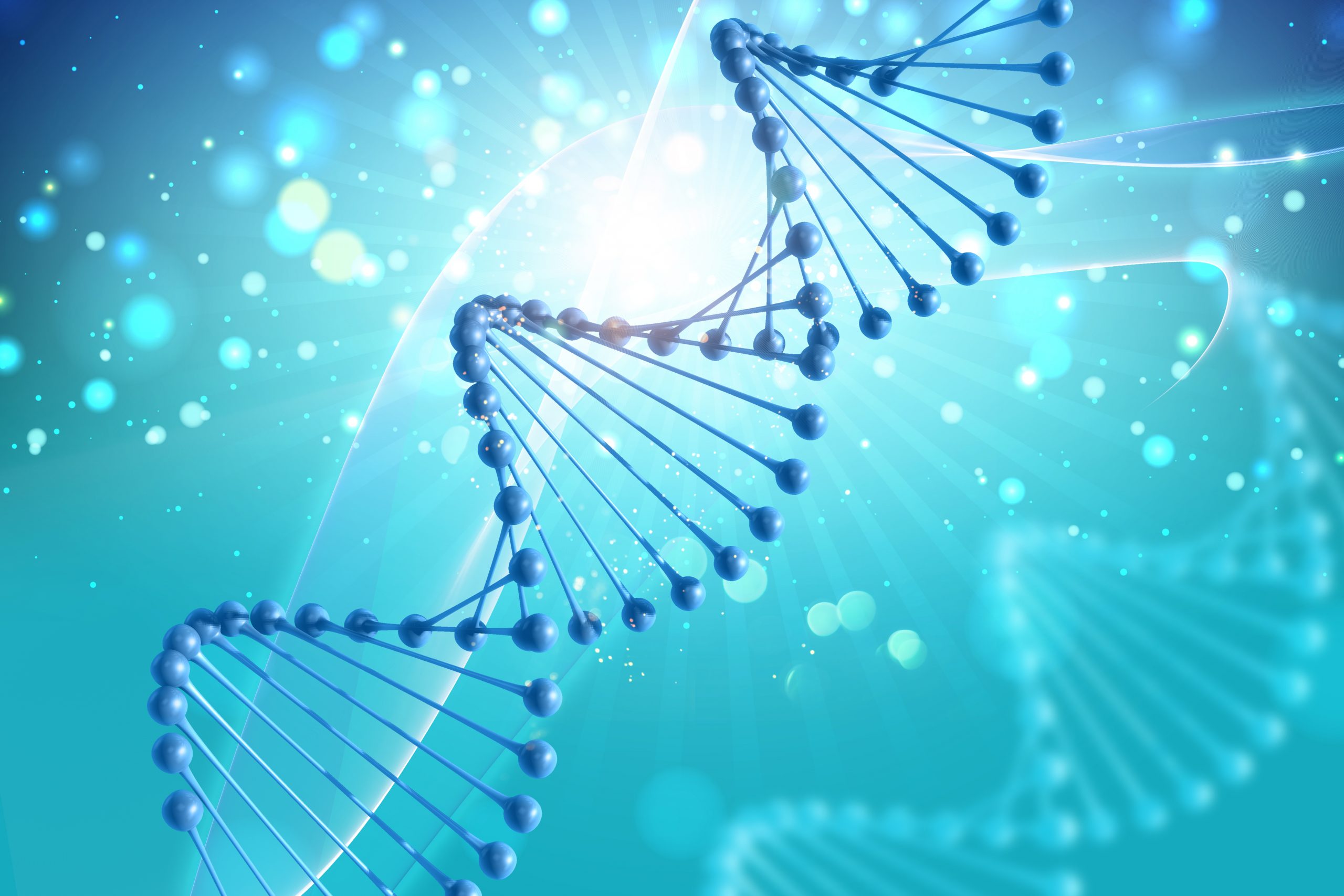News Highlight
Decoding dengue: India’s first prospective DNA vaccine against the disease is promising.
Key Takeaway
- India’s first and only DNA vaccine candidate for dengue has shown promising results, marking a significant advancement in DNA vaccination research.
- In preliminary experiments on mice, the candidate elicited a strong immunological response and increased survival rates after illness exposure.
DNA Vaccine
- About
- DNA Vaccination is a type of vaccine that transfects a specific antigen DNA-coding sequence onto the cells of an inoculated species.
- Third-generation vaccinations are another name for them.
- In comparison to other conventional vaccines, the DNA vaccine has a theoretical advantage.
- These vaccinations are still unsafe for humans and can only be used on animals.
- These vaccines contain DNA that codes for pathogen-specific proteins (antigens).
- Advantages
- The immune response was directed towards the antigen of interest.
- Cost-effective.
- Infection risk is reduced.
- MHC class I and class II molecules present antigens.
- Immunogen persistence throughout time.
- Disadvantages
- There is a risk of altering the genes that control cell development.
- Tolerance to the antigen is a possibility.
- Unusual processing of bacterial and parasitic proteins is possible.
- Protein immunogens are the only ones available.
Applications of DNA Vaccine
- DNA vaccines against cancer
- Cancer has been a cause of death for many worldwide.
- DNA vaccines are reliable immunotherapy and can be effective for people fighting cancer.
- DNA vaccines against tuberculosis
- Tuberculosis, a severe public health issue worldwide, can be combated with a DNA-based vaccination.
- DNA vaccines against HIV
- Human immunodeficiency virus (HIV) causes Acquired Immunodeficiency Syndrome (AIDS), which can be treated with this vaccine.
Antigens
- About
- Antigens are proteins recognised by our immune system.
- An antibody destroys any antigen that is ‘foreign’ to our immune system.
- Antigens are mostly proteins but can also be carbohydrates, lipids, or nucleic acids.
Antibodies
- About
- Antibodies are assault molecules our immune system produces to protect us from outside invaders such as bacteria and viruses.
- Antibodies travel throughout the body until they identify and bind to the antigen.
- Once connected, they can compel other immune system components to eliminate the antigen-containing cells.
- Antibodies can also develop in reaction to certain blood types.
- Furthermore, every human being is born with particular antibodies.

Pic Courtesy: freepik
Content Source: Down to Earth



